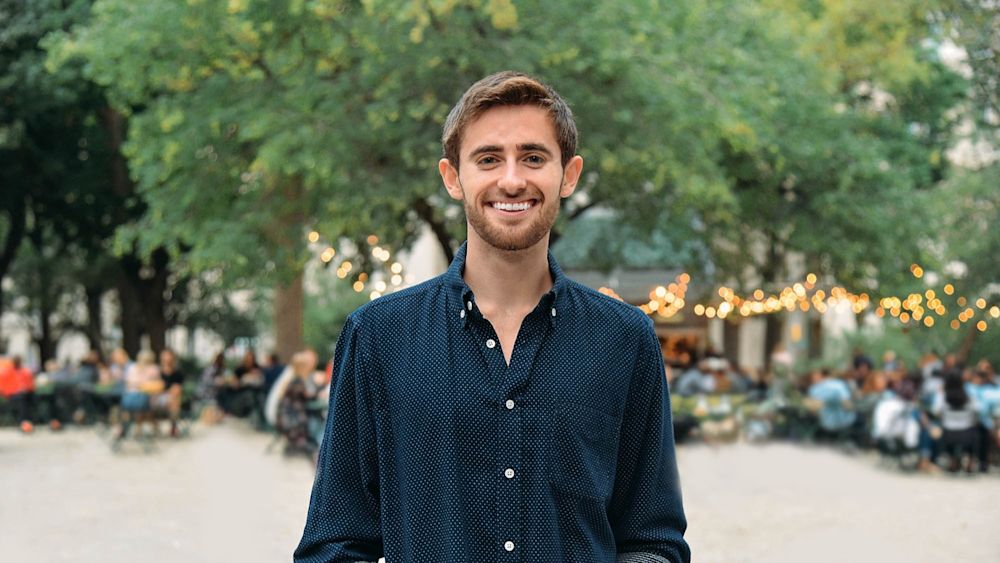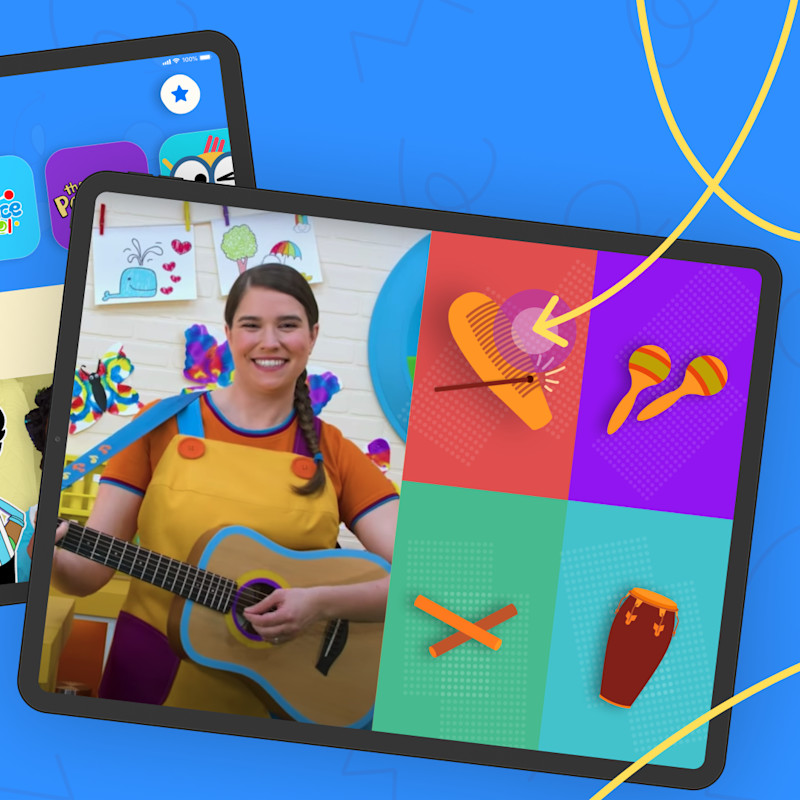- Iterate
- Meet The Team
- You're a Director of Product Whose Platform Just Went Viral. Now What?
You're a Director of Product Whose Platform Just Went Viral. Now What?
Almost overnight, HQ Trivia began registering thousands of new users a day. Requests from national media became overwhelming. The app that could occasionally count its daily users on two hands was suddenly producing live trivia for hundreds of thousands of people a day.

When he first joined HQ Trivia in 2017 as the Director of Product and one of the app’s first employees, James Ruben had a hunch that the power in the platform would be in its fleeting nature. They offered one game a day, 15 minutes of live interactive trivia with cash prizes, and that was it.
This unified time experience meant that on the product end, Ruben just had to focus on making that 15 minutes the best experience it could be. The team could be creative and inventive in ways that a startup with a 24-hour product couldn’t be.
What Ruben did not anticipate was just how powerful that ephemeral dynamic could be. When HQ first started creating its live shows in the summer of 2017, Ruben says they had between 15 and 100 contestants per day. Peanuts, compared to other game apps. Three months later, though, and the product had gone viral. Almost overnight, they began registering thousands of new users a day. Requests from national media became overwhelming. The app that could occasionally count its daily users on two hands was suddenly producing live trivia for hundreds of thousands of people a day.
For Ruben, a lifelong tinkerer who used to create software programs for his high school math projects and became a Product Manager at Google right after graduating from Harvard, this was basically the dream. It also created an entirely new set of challenges. The platform he had a huge part of creating had blown up - now what? How should the attention affect what they were building?
“From a product perspective, our immediate focus was digging through data to figure out the types of people playing the game on a daily basis,” Ruben said. “It's retention of a type, but we also had to understand that when you're growing that fast, you’re not pulling in your most loyal fans. We tried to really focus in on the folks we knew we could consistently stay on the product rather than trying to appeal to every single person that had just joined the platform because they saw it on The Today Show.”
By 2018, HQ was offering several live trivia shows a night, logging more than a million new users a month, and was named Time’s App of the Year. Ruben was named to the Forbes 30 under 30 list. And in March, the team set a company record when more than 2.3 million people participated in a single game.
But more important to Ruben were the daily users. He would work all day at the company’s SoHo office, then grab a HQ hat and sweatshirt from the supply closet and head out to the local bars. As the clock hit 9 p.m., he could look around and physically see who was playing that night, then approach those people for product feedback. Observing the app away from a screen, out in the wild, gave him a constant stream of fresh perspectives and feedback.
“Obviously, we learned a lot by going directly to the big fans of ours, and while I would say that’s helpful, it isn't everything,” Ruben said. “You're certainly not going to develop your own product standards by just talking to people that are using the thing. For us, the thing that really helped was using that feedback while also understanding and developing core tenets that we could operate on and expand from.
“We could have been even smarter around that fleeting nature of the product. Hits don’t last forever, but it also takes a lot more time to build a new thing that it does for folks to leave the thing you already have.”
Like many viral hits, the end of HQ’s story is not nearly as fun as the beginning. The company tried to iterate by launching more contests with different themes and increased prize money, but ultimately couldn’t create anything else as popular as its initial trivia show. Controversy around payouts followed, and in December 2018, co-founder Colin Kroll reportedly passed away in his apartment from an accidental drug overdose. The company shut down in early 2020, only to relaunch with the help of a private investor a few months later.
Ruben left HQ in early 2019 after feeling like the expansion efforts were becoming unfocused. He felt the power of the content was that the interactions with the software were intrinsically linked to the show. There was no fourth wall. He left after HQ began focusing on things like a dating show, where interactions were a nice to have and not a need to have.
This realization led Ruben to try and double down on finding a content type that needed that interactive superpower even more. The answer, interestingly, turned out to be kid’s media.
In June 2019, Ruben became a founder for the first time by creating Hellosaurus, an interactive video platform for children. The company partners with content creators to offer classes for kids that allow them to play alongside the lesson and not just watch. Instead of producing all the content themselves, Hellosaurus builds two things: software tools that allow creators to add interactions to their shows, and a secure mobile app for families where the classes live.
Still in relative infancy, Hellosaurus went through Y Combinator in the summer of 2020 and officially launched on the app store in late November. The company also raised a $3.5M seed round and has already signed over 20 creators to the platform with a combined YouTube reach of over 250 million subscribers.

If any of the focuses of Hellosaurus sound like a direct reaction to Ruben’s experience at HQ - platform flexibility through empowering creators instead of producing everything in-house, completely interactive videos, an uber-secure and functional app - well, that’s in some ways what being in product is all about. It’s not a field for someone trying to unveil one perfect app one time. It’s all about learning, building, and making each project stronger than the last.
“The driving force for me has always been just the pure joy and excitement of seeing someone else use the thing that you've built,” Ruben said. “In some ways it's an art and in some ways it's a science, but I love making things, putting them in other people’s hands, and seeing and reacting to their expressions of joy, bewilderment, or confusion, whatever might come from it.”
--
The Org is a professional community where transparent companies can show off their team to the world. Join your company here to add yourself to the org chart!
In this article


The ORG helps
you hire great
candidates
Free to use – try today